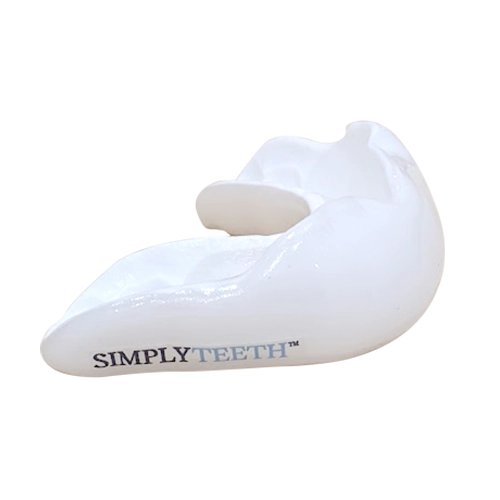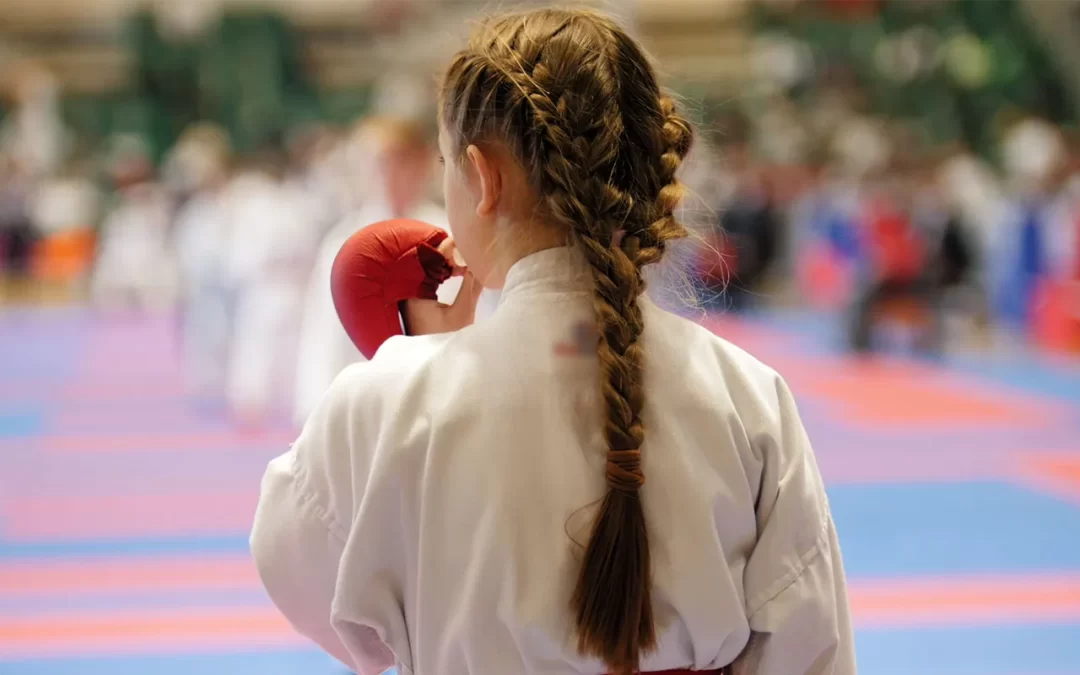Preventing sports-related dental injuries in young athletes
The truth about sports-related dental injuries
Sports-related dental injuries are surprisingly common, accounting for nearly 40% of all dental injuries. However, despite the risk, only a third of Australians use mouthguards during contact sports, according to the Australian Dental Association.When mouthguards are neglected, players face vastly increased risk of the full gamut of oral injuries from seemingly minor issues like chipped teeth through to severe consequences like tooth loss.Protecting teeth with mouthguards
Mouthguards stand out as one of the most effective preventative measures against sports-related dental injuries. They function as a protective cushion for the teeth, shielding them from impacts like falls, collisions or direct blows to the face. In Australia’s most popular sports, including rugby, Australian rules football and hockey, wearing a mouthguard isn’t just recommended—it’s obligatory.

Types of mouthguards
Custom-fitted mouthguards: These are made by a dentist or dental technician specifically for your child’s mouth. While they are more expensive than other options, custom-fitted mouthguards offer the best protection, comfort and fit.
Boil-and-bite mouthguards: These mouthguards are available at most sporting goods stores and can be moulded at home. They offer a better fit than stock mouthguards, but they may not be as comfortable as custom-fitted ones.
Stock mouthguards: These are pre-made, one-size-fits-all mouthguards. While they are the most affordable option, they often provide the least protection and comfort.
Proper maintenance
Proper maintenance is crucial for mouthguards. Follow these maintenance tips to ensure its longevity and effectiveness:
Rinsing: After every use, advise your child to rinse the mouthguard with cold water.
Storage: Store it in a ventilated container to prevent bacterial growth.
Regular checks: Periodically inspect the mouthguard for indications of wear and tear.
Replacement: Replace your mouthguard if it shows signs of damage, or at least every sports season or once a year, especially for children whose mouths are still growing.
Regular dental check-ups
It is crucial to have your child’s dentist regularly evaluate their oral health if they are actively participating in contact sports. Here’s why:
Comprehensive oral health assessment: Over time, contact sports can pose risks to teeth and gums. Regular check-ups help in the early detection of any potential dental issues, ensuring that minor problems don’t escalate into major concerns.
Mouthguard evaluation: A dentist can thoroughly examine the fit and condition of your child’s mouthguard. As children grow, their dental structure changes, which may cause a previously well-fitting mouthguard to become less effective or comfortable.
Personalised recommendations: Based on the check-up, your dentist can suggest specific treatments, if necessary. Moreover, if the mouthguard shows signs of wear, they can advise on whether it’s time for a replacement or adjustments to ensure it aligns perfectly with your child’s current dental structure.
Optimal protection assurance: Through these check-ups, you can be confident that your child’s teeth are in good health and adequately protected during sports activities.

Sports-related dental injuries education and awareness
Teaching your child about the significance of wearing a mouthguard and maintaining diligent oral care is crucial. Emphasise that dental injuries can be painful and may require extensive dental work to repair. Encourage them to wear their mouthguard consistently during practices and games.
Leading by example
As parents, our actions often resonate deeply with our children. If we engage in sports that pose a potential risk of dental injuries, wearing our own mouthguards shows our children that safety is important. This reinforces the importance of protective gear and demonstrates our commitment to their well-being.
The game plan for dental safety
Preventing sports-related dental injuries is essential to protecting our young athletes’ well-being. A good-quality mouthguard, properly fitted by a dentist, is the foundation of dental safety. Proper maintenance, regular dental check-ups and a deep understanding of the risks further reduce the likelihood of dental trauma




